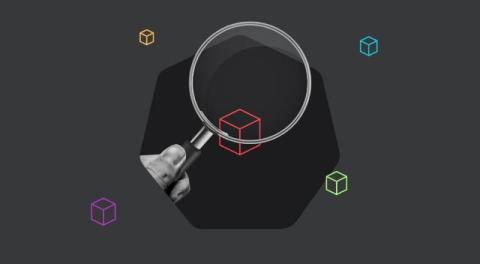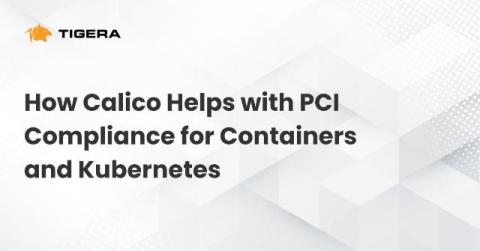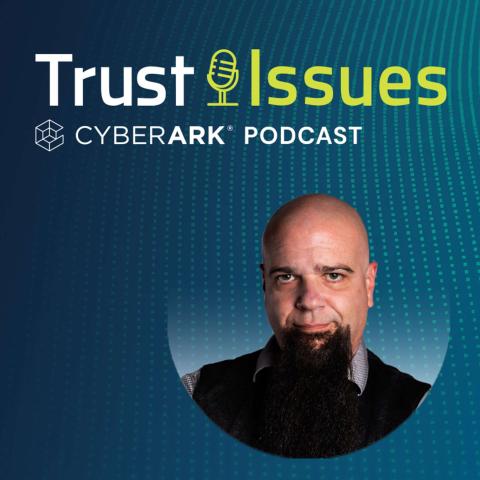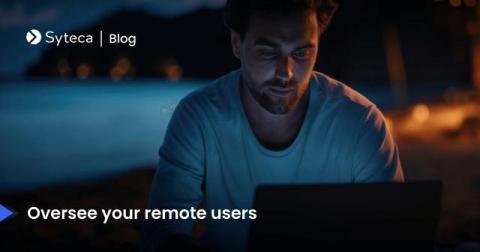CSI Forensics: Unraveling Kubernetes Crime Scenes
This is the second episode of the CSI Container series, published and presented at CloudNativeSecurityCon 2024. In this episode, we focus on Kubernetes CSI, how to conduct DFIR activities on K8s and containers, and how to perform static and dynamic analysis. As we covered in the first episode, DFIR refers to the union of Digital Forensics (DF) and Incident Response (IR). We also highlighted how conducting DFIR activities in a container environment differs from the usual DFIR in a host environment.










